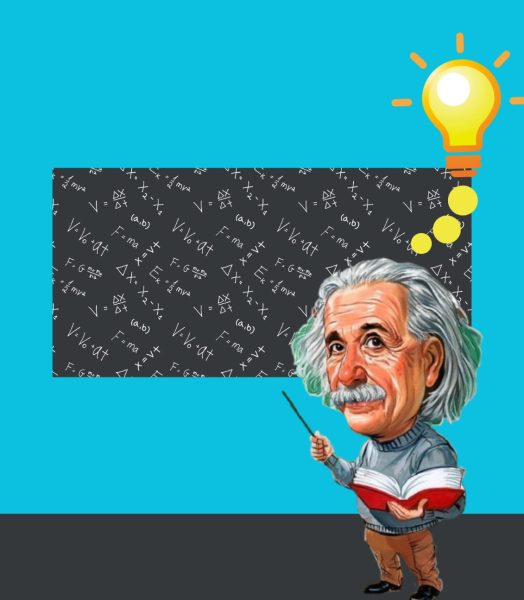
Early Life in Germany
Born in the quiet town of Ulm, Germany, on March 14, 1879, Albert Einstein entered a world where the soft flicker of gas and oil lamps lit homes and horse-drawn carriages were the primary means of transport. His father’s work in an electronics business foreshadowed the young boy’s electrifying future.
A Mind Awakens
Einstein’s intellectual journey began early. He uttered his first words at four and by seven, was immersed in the world of reading. His formal education started at a Catholic primary school at five, and by six, he was exploring the melodious realms of the violin.
The Spark of Genius
As a teenager, Einstein’s fascination with mathematics and science took hold. Between the ages of fourteen and seventeen, he delved into complex theories that would soon change the course of physics. His groundbreaking work in 1905 earned him a place among the most prominent figures in scientific journals.
Nobel Laureate and Beyond
Einstein’s study of light’s physics garnered widespread acclaim, culminating in the Nobel Prize in Physics in 1921. His innovative ideas continued to reshape our understanding of the universe.
American Citizenship and Legacy
In 1940, amidst global upheaval, Einstein became a U.S. citizen, further cementing his status as a scientific luminary. His life, however, came to an untimely end on April 18, 1955, due to internal bleeding caused by a ruptured blood vessel.
Honoring a Legend
In tribute to Einstein’s monumental contributions, the United States released commemorative stamps bearing his image, ensuring his legacy would continue to inspire future generations.
Moral of the Story
Success is not just about reaching a destination but also about the journey. Einstein’s life teaches us to prioritize finding the best path to our own success, guided by curiosity and perseverance.


